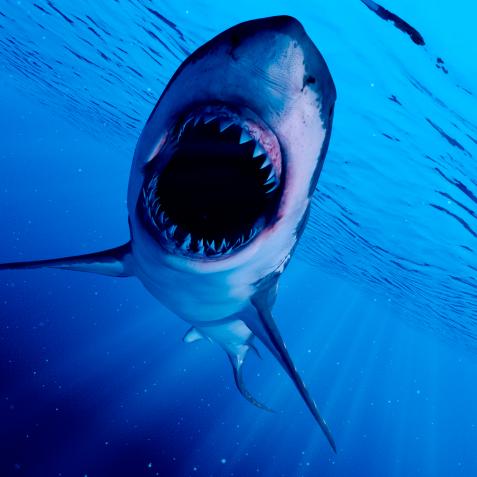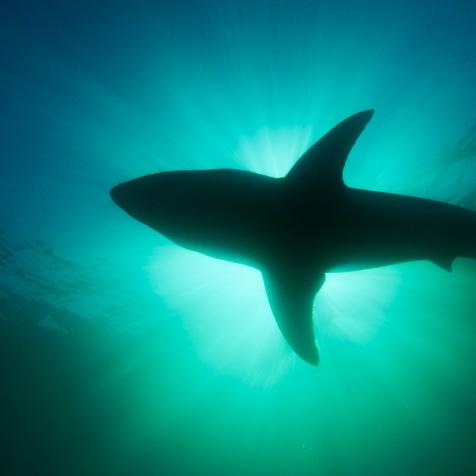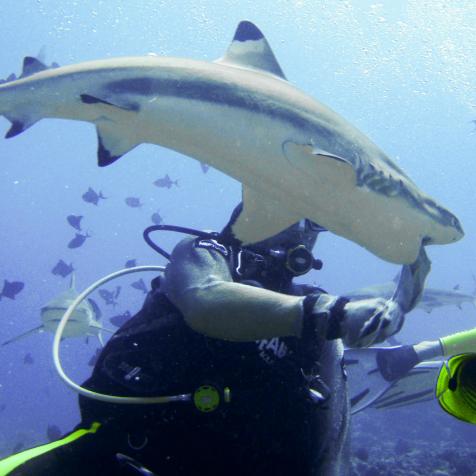
Adam Gault
Are Shark Attacks on the Rise? Not Really.
Maine had its first recorded deadly shark attack this week. We talk to experts about what is going on in the ocean and share some tips if you find yourselves in close contact with a shark.
Maine had its first recorded fatal Great White shark attack Monday, July 27. As reported by multiple outlets, this attack happened a mere 20 yards from the shore of Bailey Island off the Atlantic coast of Maine. The last attack in the state’s waters was 10 years prior, when a camera man was attacked by a different species but survived.
This rarity is especially shocking this far north in the Atlantic Ocean. Globally in 2019, there were 64 reported shark attacks worldwide, with two fatalities, which is about average year over year. Dr. Neil Hammerschlag, the Director of The Shark Research and Conservation Program at The University of Miami spoke about shark attacks, or bites as he refers to them as. "Ultimately a shark bite is so rare that it is hard to call any inferences based on pattern." He went on to discuss shark behavior. "Sharks, including white sharks are incredibly tolerant and patient with people and they try to avoid people."
With the amount of people in the ocean every day, the fact that there aren't many, many shark bites really leads to the assumption that when one does occur, it is a wrong place, wrong time instance of chance.
Dr. Austin Gallagher from the research and conservation organization Beneath The Waves, reiterates Dr. Hammerschlag's sentiment. "Large sharks, including white sharks, have always occurred throughout New England Waters. Researchers have been tracking them widely throughout the region and the Gulf of Maine is certainly within their range."
Ultimately, human safety is paramount, and that includes ocean safety and awareness. Understanding what to do and how to behave is imperative if you find yourself in the ocean this summer. Dr. Gallagher went on to say, "These are tragic events when they happen - but it is important to remember that one incident doesn’t mean there is a spike in the population nor that the animals are moving into a new territory. What is critical is for water users to heed warnings issued by local agencies and to avoid areas where there are seals swimming, as these are what the big predatory sharks are hunting."
So what do you do when the statistically impossible happens? The below video supplies swimmers and surfers with lifesaving tips.


















